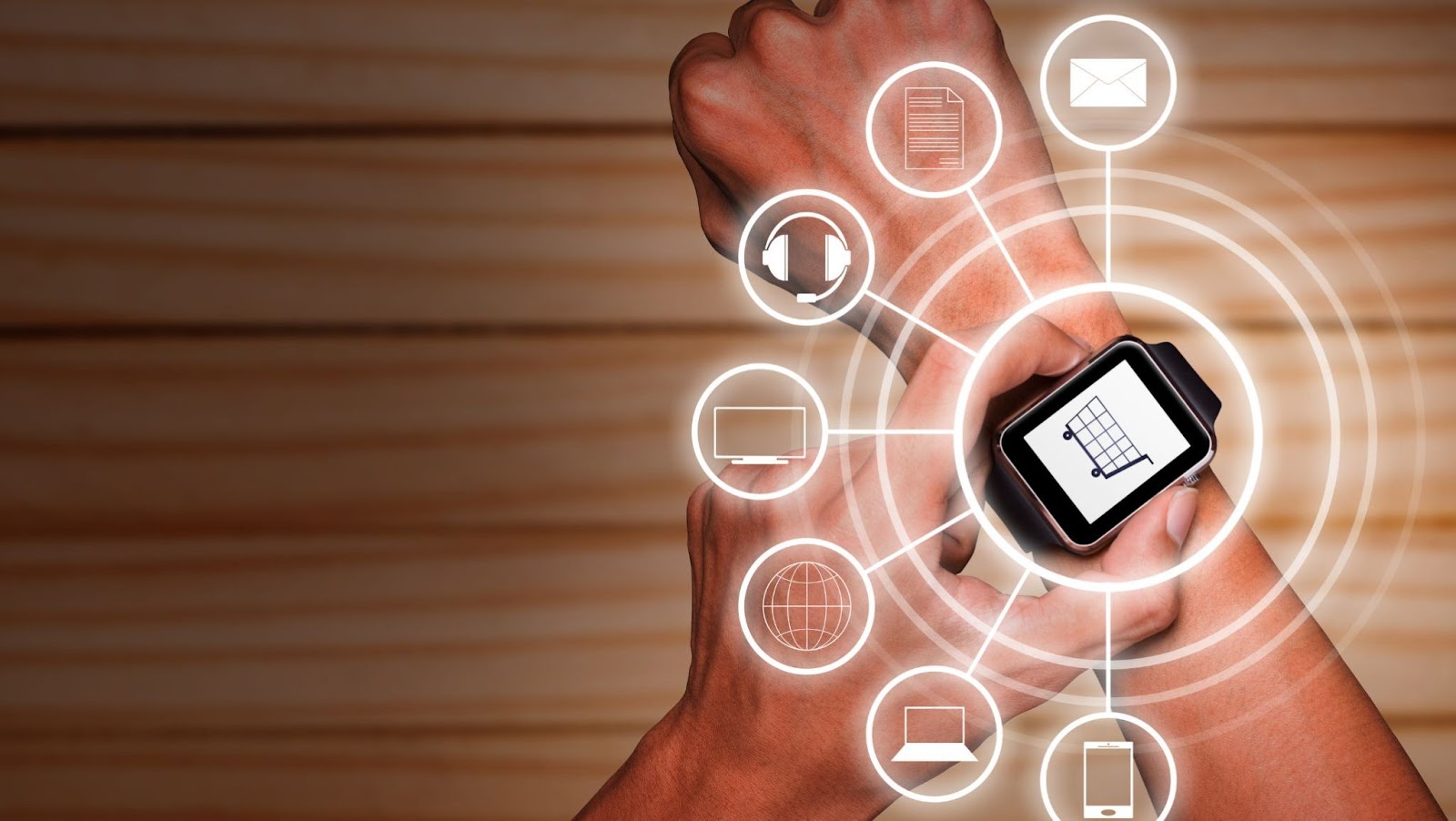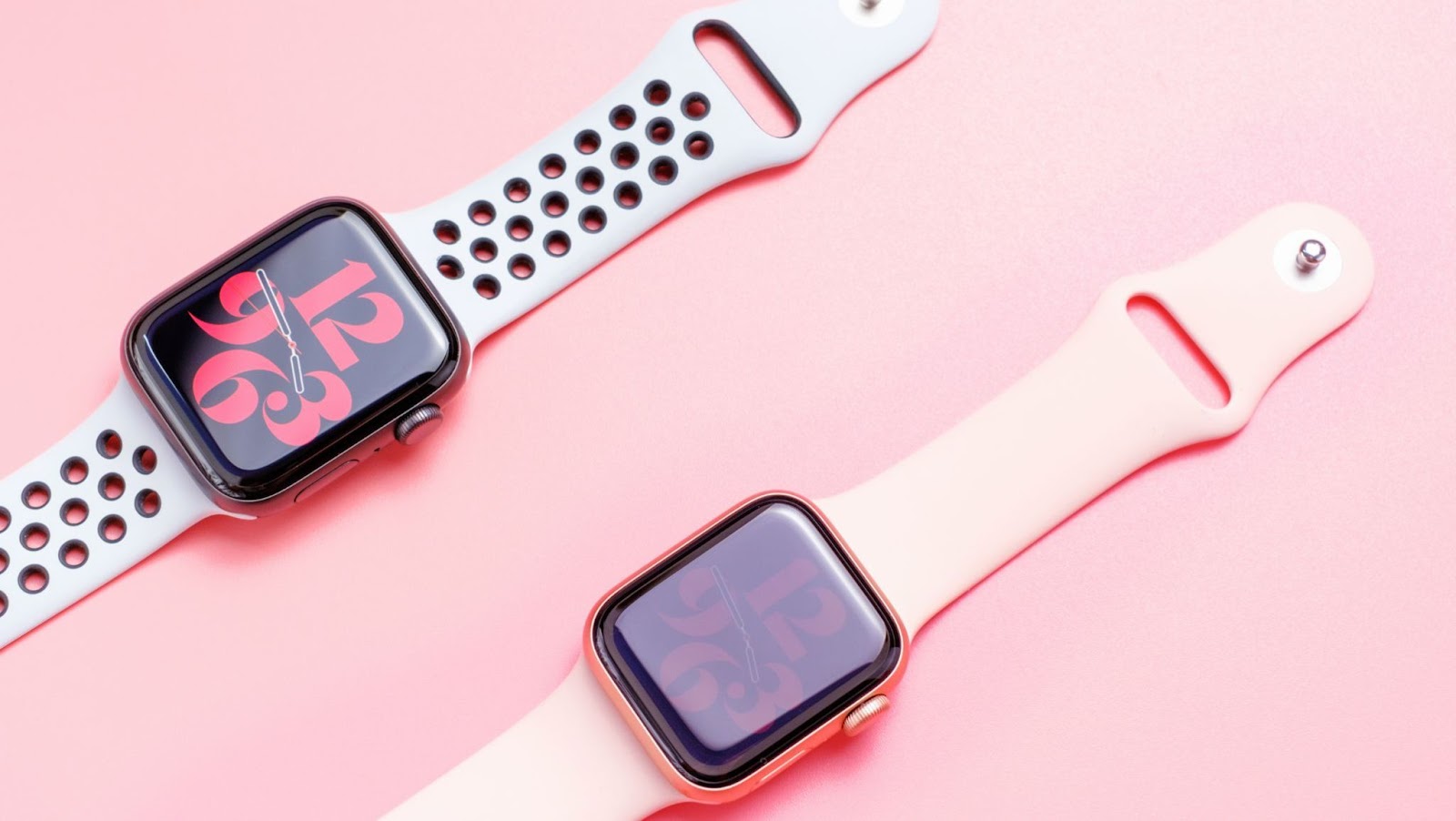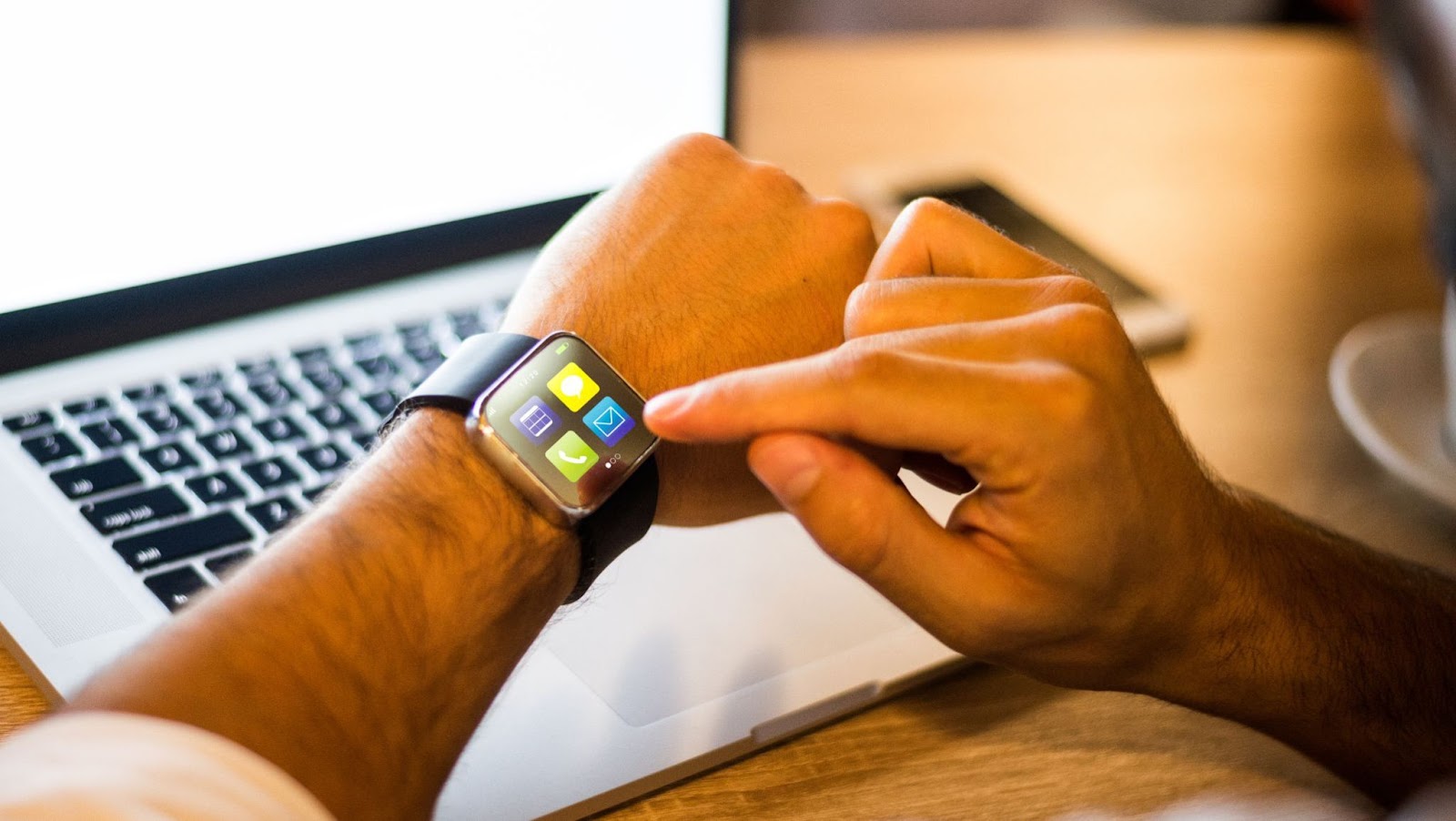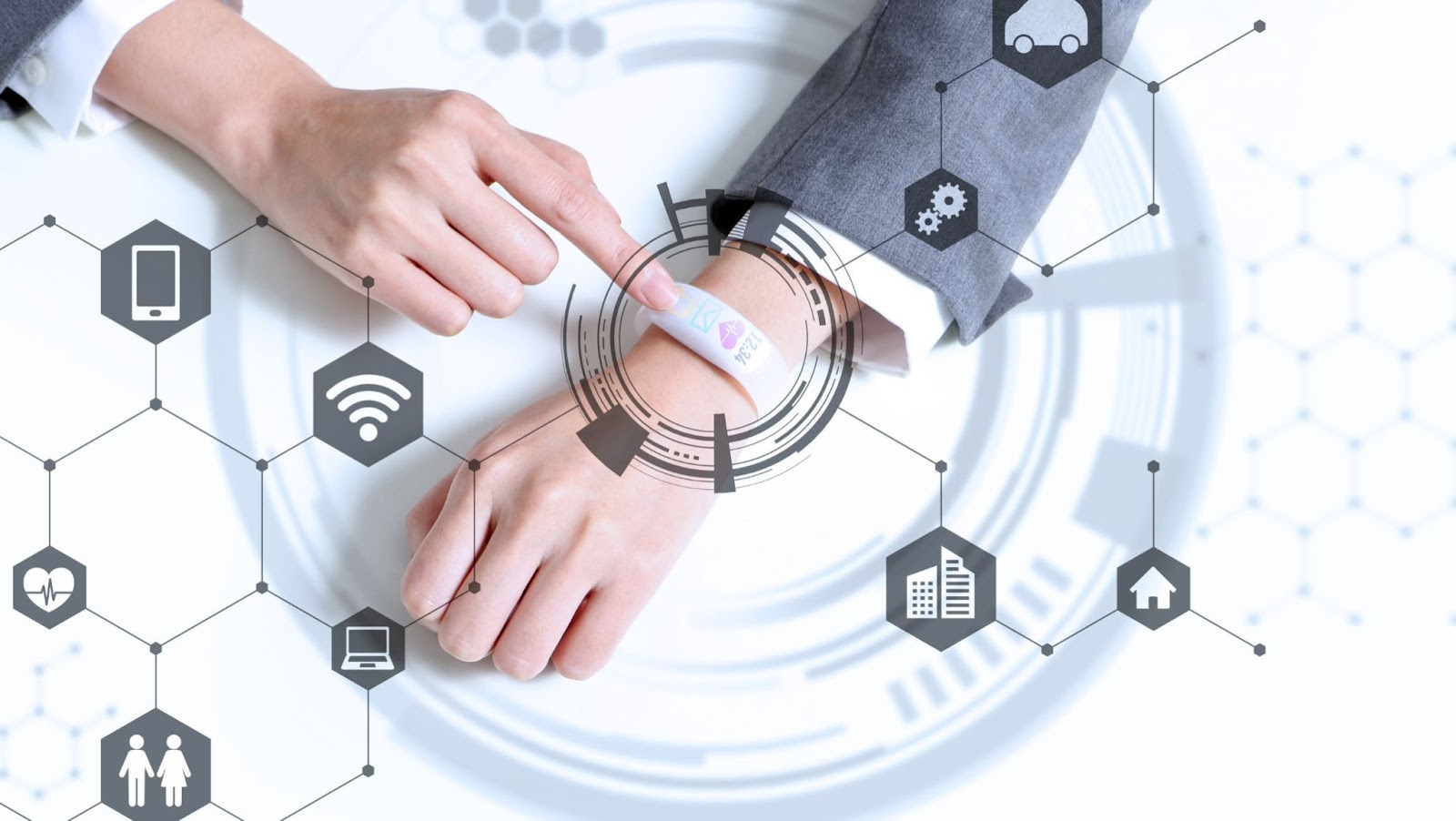
The recent announcement by the US Food and Drug Administration (FDA) that it has approved Apple’s Watch Series 4 as an ECG monitoring device has been met with widespread acclaim. This landmark decision by the FDA is seen as a major boost for Apple’s smartwatch as it further solidifies its reputation as a device that can make users’ lives easier and safer. This article will discuss the implications of the FDA’s approval, what it means for consumers, and what this decision says about Apple’s place in the rapidly growing wearables market.
Overview of The Apple Watch
The Apple Watch, first released in 2015, is a line of smartwatches designed and marketed by Apple Inc. The original Apple Watch featured a square display which set it apart from other wearables. Subsequent versions of the watch feature a more rounded design — making it look much more fashionable than its previous iterations. Over the years, several hardware and software updates have enabled unique features such as activity tracking, sleep tracking and even wireless music streaming.
In March 2019, in a major development for the device, the U.S. Food & Drug Administration (FDA) approved the Apple Watch as an electrocardiogram (ECG) monitoring device for Atrial Fibrillation (AFib) — a potentially serious type of irregular heartbeat. This means that users can now use their watch to monitor their heart rhythms and detect any abnormality, equivalent to a hospital grade ECG machine with 95% accuracy! This feature has been available on all subsequent models of Apple Watch since Series 4 onwards — making it perhaps one of the most versatile wearables out there!
In addition to being an accurate ECG monitoring device, successive upgrades to Siri have enabled its use in everyday activities such as sending texts or hailing ride-sharing services like Uber or Lyft — making it even more convenient to stay connected on-the-go!
FDA Approves Apple Watch as ECG Monitoring Device
The U.S. Food and Drug Administration (FDA) has approved the Apple Watch to be marketed as an electrocardiogram (ECG) monitoring device, giving it a major boost in health applications. This decision marks the first time a consumer-grade device has been FDA approved to detect abnormal heart rhythms while being worn.
The approved Apple Watch model, series 4, can generate an ECG that detects atrial fibrillation, which increases the chance of stroke and other heart-related complications. In addition, the watch allows users to take an electrocardiogram by holding their finger on the Digital Crown while connected to their iPhone or iPad. The results are sent to the user’s iPhone and can be annotated and shared with medical professionals if necessary.
The newly approved Apple Watch also integrates with fitness tracking application HealthKit and ResearchKit for patient monitoring in clinical settings for studies such as monitoring glucose levels or sleep patterns. With this approval, physicians may use their patient’s watch data to assess vital signs such as heart rate during physical exams and decide treatment options based on those readings.

This milestone in wearable medical devices is expected to open the door for many more pieces of software and new device updates from the Apple team, making the Watch increasingly more valuable to healthcare providers across various specialties and patient populations.
Benefits of The FDA Approval
The recent FDA approval of Apple Watch as a medical device marks a major milestone for the technology giant. With this FDA-approved device, Apple Watch users can monitor heart rate and produce electrical heart signals, or ECGs, with the help of a dedicated app. This new feature of the watch will help users better understand their heart health, alert them of any irregularities, and provide their doctors with important medical data that can be used in camps of diagnosis and treatments. Let’s dive into the benefits of having an FDA approved device such as this.
Improved Accuracy of ECG Monitoring
The FDA approval of the Apple Watch as an ECG monitoring device enhances ECG readings’ accuracy. The most recent studies have shown that ECG data from the Apple Watch is more accurate than traditional ECG monitors, providing a more detailed and comprehensive view of your heart health. With the help of the ECG app on the Apple Watch, physicians can now use data from 24-hour heart rhythm recordings to identify atrial fibrillation or other cardiac abnormalities earlier and more accurately than ever before. The sensitive ECG sensor can detect even small changes in electrical activity previously undetectable with traditional methods, enabling early diagnosis and intervention for potentially life-threatening conditions like atrial fibrillation. Furthermore, regular tracking of heart rhythm over 24 hours allows physicians to assess continuously evolving risk factors and monitor any changes in your condition on an ongoing basis.
Improved Medical Diagnosis
The U.S. Food and Drug Administration (FDA) approval of the Apple Watch as an electrocardiogram (ECG) monitoring device is a major development in the healthcare industry. This approval has made it possible to remotely monitor ECG data anytime and anywhere, improving medical diagnoses’ accuracy.
Most importantly, the FDA approval of the Apple Watch has enabled doctors to access patient health data and provide quality care remotely. With this technology, family members can now monitor their near and dear ones’ health from a distance, reducing stress and travel costs associated with regular monitoring procedures.

Not only does this boost in-home health diagnosis and remote healthcare support but also makes it easier for doctors to make continuous observations from afar without ever having to visit patients. This is particularly beneficial for people living in remote areas who may not have access to hospitals or clinics for regular checkups.
Moreover, with real-time captured data, diagnosis becomes much quicker and more precise due to accurate readings that can be tracked over time; aiding response rates, research & development, and breakthroughs in medical treatment & management across multiple areas.
Ultimately, the FDA approval of the Apple watch provides patients with safer and better treatment options while improving medical decisions which are vital these days due to rising global healthcare concerns associated with conditions such as heart diseases or stroke, thereby ensuring better life quality for many individuals worldwide.
Increased consumer confidence
Obtaining the US Food and Drug Administration’s (FDA) approval for the Apple Watch as an ECG (electrocardiogram) monitoring device has increased consumer confidence in the product. In addition, the FDA’s approval confirms that this watch is a medically accurate device, meaning users can rely on it to collect and report vital health information.
In addition to increasing consumer confidence, this FDA approval has paved the way for Apple to create an even stronger foothold in the health technology industry. By tapping into healthcare professionals and medical providers, Apple can further expand its market share in the growing wearable technology space.
The recent clearance of Apple’s ECG monitor will also spark more interest among researchers exploring potential wearables applications in healthcare and provide them with more insights regarding potential medical uses for their products and services. This could lead to additional breakthroughs in monitoring and recognizing symptoms that may be difficult to detect with other methods, such as heart failure and abnormal heart rhythms like atrial fibrillation (AFib).
The FDA approved Apple Watch provides hope that diagnostic tests may eventually become easier and more reliable, leading to better diagnosis of heart-related problems and improved healthcare quality. It is also likely that many more companies will create devices similar or superior than those currently available on the market, thus creating further innovations within wearables geared towards healthcare solutions.
Impact of The FDA Approval
The recent approval from the FDA of the Apple Watch as an ECG monitoring device is a breakthrough for the watch industry. The approval makes the Apple Watch one of the first-ever devices to monitor a person’s heart rate and provide medical feedback. This is a huge leap forward for the healthcare industry and could revolutionise how medical practitioners diagnose and treat heart conditions. It will also make medical treatment more accessible and affordable for those who need it. Let’s take a closer look at how the FDA approval of the Apple Watch will impact its users and the larger medical industry.
Increased sales of the Apple Watch
The news of the Food and Drug Administration (FDA) approving the Apple Watch as an electrocardiogram (ECG) monitoring device has been met with widespread enthusiasm from consumers and industry experts alike. This means that wearers of certain smartwatch versions can take reliable electrocardiograms, or heart health readings, from their wrist. The potential implications for improved healthcare are vast.
The approval is expected to result in a major boost for Apple’s sales of their smartwatch- many health conscious individuals seeking information about their heart health may now choose to purchase an Apple watch as it can provide them with such crucial information. Additionally, as clinical studies continue to demonstrate the accuracy and utility of ECG monitoring devices based on a wristwatch design, more medical professionals may consider recommending the product to patients suffering from various forms of cardiac arrhythmia or other cardiac abnormalities which require frequent monitoring.
Ultimately, this approval marks a major milestone for both Apple and wearable healthcare technology in general; not only will more people be able to access reliable readings without having to visit a lab or clinic appointment, but it demonstrates that FDA approved technologies can adhere to stringent safety requirements while still providing a streamlined user experience at home.
Impact on The Medical Device Industry
The recent approval of the Apple Watch by the US Food & Drug Administration (FDA) as an electrocardiogram (ECG) monitoring device marks a major milestone for this wearable technology. This approval is expected to revolutionise the medical device industry, from diagnostics and treatment to patient management.
The Apple Watch is one of the first devices to monitor electrical activity in people’s heart, potentially allowing them to detect conditions such as atrial fibrillation—an irregular heartbeat that can lead to strokes—which may be undiagnosed by other traditional methods. The device also offers a snapshot of a user’s heart health over time, helping doctors diagnose and monitor patients with cardiac conditions like arrhythmias or stroke risk.
This FDA approval will likely open up new opportunities for healthcare practitioners and technology companies in medical wearables. In addition, it will potentially open up new markets such as remote patient monitoring and telemedicine that were previously not feasible due to regulatory hurdles. By putting powerful medical diagnostic functionality into consumer-friendly platforms with mass market appeal, this breakthrough could help spur a revolution in home health care management for those who cannot easily access traditional health care resources.
This new development could have far-reaching implications for healthcare providers and individual consumers by providing real-time insights into their heart health and well-being from the convenience of their wristwatch. With this new tool available, physicians can quickly identify warning signs and intervene before complications arise – something unthinkable even just several years ago!
Impact on the healthcare industry
The US Food and Drug Administration (FDA) recently approved the Apple Watch as an electrocardiogram (ECG) monitoring device. This milestone decision sends a strong signal that consumer technology is firmly planted in the healthcare industry, with life-saving potential both now and in the future.

The FDA’s decision to approve the use of ECG technology on wearable devices represents a major milestone in consumer health care—and one that could lead to other medical device designs. This move aims to allow people to monitor their heart health more easily, allowing medical professionals to quickly diagnose and treat serious heart issues before they become life-threatening.
This expanded use of consumer smartwatches has already started impacting other areas of healthcare, including improved mental health support, better stress management and overall health improvement by offering personalised feedback and tracking over time. Additionally, wearables are being tested as a patient monitoring tool for chronic diseases like diabetes; some companies are using them as part of employee health care programs; and insurance companies are starting to offer discounts or waivers on premiums for those who use them regularly.
The FDA approval means that Apple can now add features previously unavailable due to medical device regulations—such as more advanced data capture for analysis—without obtaining additional permission from the agency every time a new feature needs approval. It will also make consumers more aware of their cardiovascular health from home instead of visiting a doctor’s office.
Ultimately, this major boost from the FDA will help drive further innovation by helping shift consumer expectations on wearables—from something you simply have on your wrist because it looks good, into something you have because it can help keep you healthy.
Conclusion
After months of clinical trials and tests, the US Food and Drug Administration (FDA) has finally approved the Apple Watch as a medical device capable of detecting and monitoring an irregular heartbeat. This news is a major milestone for Apple and has boosted their reputation in the tech world. In this final article, let’s look at the overall impact on the Apple Watch and the health industry in general.
Summary of the FDA approval
The U.S. Food and Drug Administration (FDA) has approved the Apple Watch as a single-lead electrocardiogram (ECG) device. The approval allows the watch to record and store an ECG waveform directly to the consumer’s device, receive an alert if the heart rate is over 120 or under 40 beats per minute, and receive a classification of any possible arrhythmia which can be then shared with their healthcare provider.
This milestone was made available due to Apple’s commitment to health and wellness, with continuous advancements in their product offering across multiple devices such as the iPhone, AirPods, iPad and now the Apple Watch. This new ability will allow millions of consumers an easy way to monitor their heart health while providing peace of mind that they can identify any issues before they become more serious.
The FDA approval is seen as a major boost for Apple’s already successful range of wearable technology which has proven itself time and time again in other healthcare related fields such as exercise tracking and nutrition monitoring. Not only does this mean consumers have access to better health insights, it also allows them further access to their health data so that more specialised treatments can be pursued when necessary.
The FDA approval marks a significant moment for both Apple and wearables worldwide as it demonstrates not only the trust being continually placed in this form of technology but also how much progress we have already made towards the implementation of digital medical devices within our daily lives regardless of professional background or age group.
Implications of the approval
The recent approval of the Apple Watch as an ECG monitoring device is a major step forward for the healthcare industry. By integrating with existing medical systems, it could provide patients with the ability to not only monitor their health, but also evaluate and manage it. This could lead to improved quality of care from doctors and faster access to care when necessary. Additionally, this new development has potential implications for insurance companies, potentially providing them with more accurate data about their customers’ health.
Additionally, this approval raises questions about data privacy and law enforcement capabilities concerning the Apple Watch as an ECG monitoring device. Government agencies or corporations could easily abuse this technology; therefore, we must protect ourselves against its misuse through legislation and oversight mechanisms.
Finally, the addition of this sophisticated device to the Apple product family will likely provide the company with a major boost in revenue and market position as consumers seek more advanced options regarding ECG monitoring technology. It also serves as a testament to Apple’s ambitious vision in technological innovation and continuing efforts to make healthcare solutions more accessible and affordable for all.
tags = apple watch, ECG, smart watch, ECG device, FDA, US FDA, FDA approved, apple watch apple fdamcgee financialtimes, FDA clearance, apple watch fdamcgee financialtimes, apple smart watch, experts apple watch apple fdamcgee financialtimes, health tracking device, apple apple fdamcgee financialtimes, health product, ECG app, apple watch applications, health applications, smart watch apps, ECG recording app, health record



